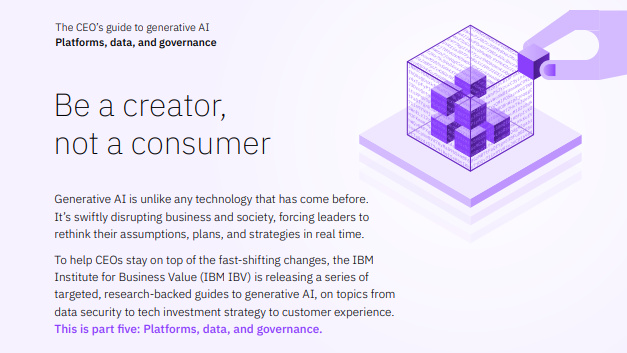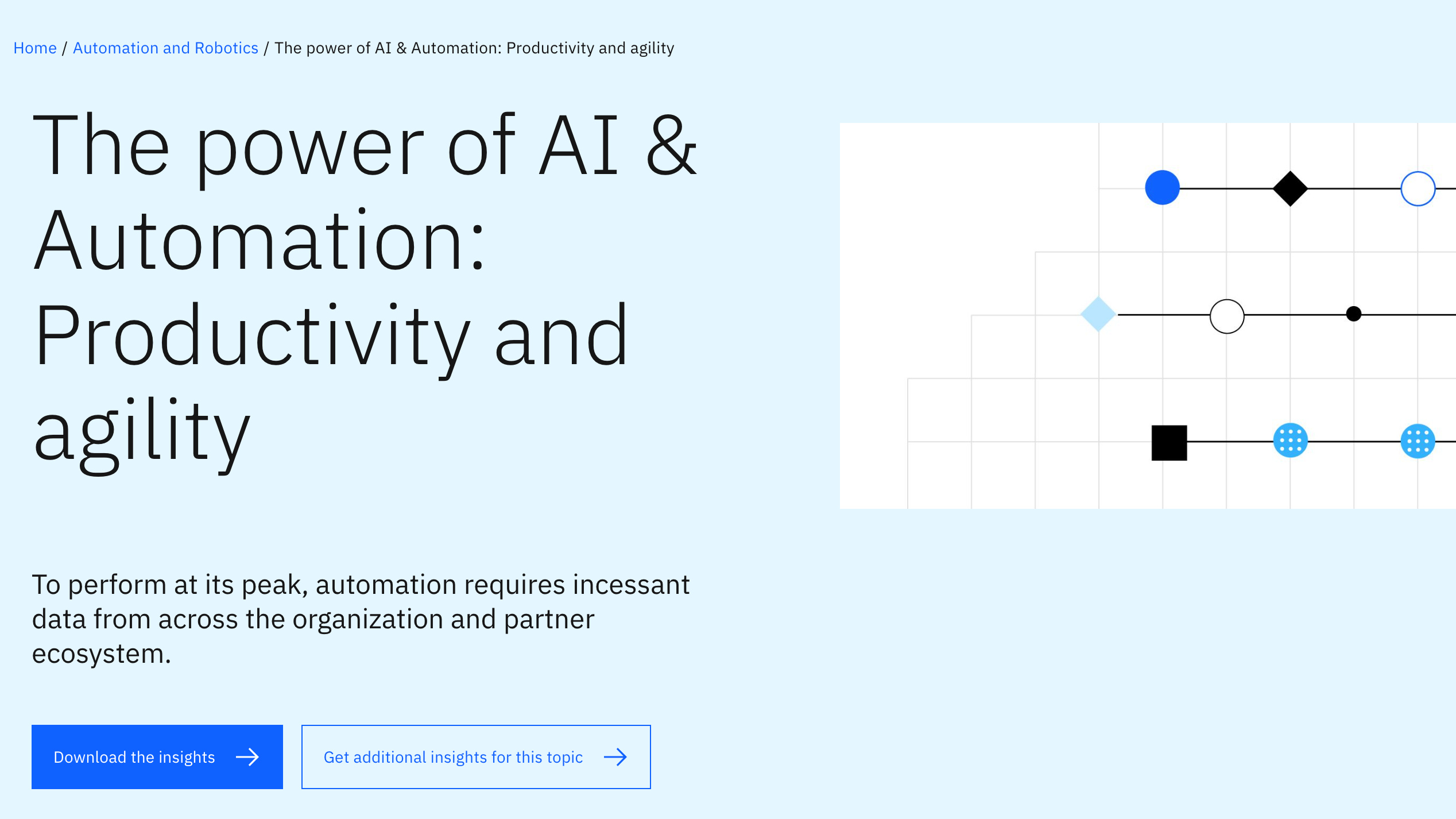“Significant” data collection failings are harming children's mental health services
MPs criticise huge gaps in data gathering, with public bodies lacking the information needed to monitor progress


Serious failings in data collection have undermined the government's efforts to bring mental health provision in line with physical healthcare, a committee of MPs has warned.
The lack of a coherent government-led data gathering strategy has led to "significant gaps" in the information available to effectively deliver mental health services for young people, according to the House of Commons' Public Accounts Committee (PAC).
These major weaknesses have meant it's been hard to monitor progress against lofty ambitions set in the 2014 'Foward View', while also affecting where funding is allocated and how much staffing is available. This is disproportionately affecting the provision of mental health care for children and young people, the committee said.
"At the start of the Forward View, the NHS lacked the necessary baseline information to measure progress against its plans, for example, on the number of children and young people receiving NHS treatment," the report found.
"The NHS intended that the new Mental Health Services Data Set would provide much of this information but this is behind schedule: for example, reliable data on patient outcomes are not expected until 2019."
The five-year Forward View set the NHS a target for an additional 70,000 children to be treated per year by 2021, as well as an increase to the proportion of young people with a mental health condition who receive treatment from 25% to 35%.
But the NHS has not been able to measure its progress against these targets as there was no robust national data collection scheme in place between 2014 and 2017.
Sign up today and you will receive a free copy of our Future Focus 2025 report - the leading guidance on AI, cybersecurity and other IT challenges as per 700+ senior executives
NHS England commissioned a one-off data gathering programme for 2017/18, but due to a lack of information for previous years, there was no way of understanding growth rates in patient access to mental health services. This one-off programme was renewed for 2018/19.
The lack of available financial data may have also rendered the 1.4 billion the government allocated to transform young people's mental health provision in 2014 and 2015 ineffective. The PAC concluded that NHS England couldn't be sure that clinical commissioning groups (CCGs), who allocate funding for health provision, spent the additional money as intended.
Meanwhile, the non-departmental public sector organisation Health Education England, which was set up to bolster skills and leadership within the NHS workforce, still has no data for staffing within young people's mental health, despite ambitions to increase levels.
The body in effect lacks the information and tools to execute its own plan to develop the mental health workforce as it's unable to monitor progress.
The PAC said the little data that is available points to a modest 1% increase in the overall mental health workforce between April 2015 and September 2017, while policy issues such as the removal of the nurses' bursary have led to difficulties retaining staff.
NHS England told the PAC that a set of early intervention and prevention services across schools will be tested across roughly 20-25% of England, with the data this generates feeding into a nationwide-rollout.
The PAC has recommended that alongside the newly-published 10-year plan, the health service must establish what 'parity of esteem' means in practice, and how it will gather the data necessary to monitor progress and improve healthcare outcomes.
A robust baseline, more than anything, needs to be established by April 2019, the committee said, and the NHS should set out what arrangements are in place to collect the data it needs to fulfil this ambition and inform the roll-out of future services.
IT Pro approached NHS Digital, NHS England and the Department for Health and Social Care (DHSC) for comment.
NHS Digital was unable to comment on the grounds that it's bound by the Code of Practice for Statistics. NHS England and DHSC, who make decisions around data research, did not respond at the time of writing.

Keumars Afifi-Sabet is a writer and editor that specialises in public sector, cyber security, and cloud computing. He first joined ITPro as a staff writer in April 2018 and eventually became its Features Editor. Although a regular contributor to other tech sites in the past, these days you will find Keumars on LiveScience, where he runs its Technology section.
-
 The modern workplace: Standardizing collaboration for the enterprise IT leader
The modern workplace: Standardizing collaboration for the enterprise IT leaderHow Barco ClickShare Hub is redefining the meeting room
-
 Interim CISA chief uploaded sensitive documents to a public version of ChatGPT
Interim CISA chief uploaded sensitive documents to a public version of ChatGPTNews The incident at CISA raises yet more concerns about the rise of ‘shadow AI’ and data protection risks
-
 Empowering enterprises with AI: Entering the era of choice
Empowering enterprises with AI: Entering the era of choicewhitepaper How High Performance Computing (HPC) is making great ideas greater, bringing out their boundless potential, and driving innovation forward
-
 The CEO's guide to generative AI: Be a creator, not a consumer
The CEO's guide to generative AI: Be a creator, not a consumerWhitepaper Innovate your business model with modern IT architecture, and the principles of trustworthy AI
-
 Learning and operating Presto
Learning and operating Prestowhitepaper Meet your team’s warehouse and lakehouse infrastructure needs
-
 Scale AI workloads: An open data lakehouse approach
Scale AI workloads: An open data lakehouse approachwhitepaper Combine the advantages of data warehouses and data lakes within a new managed cloud service
-
 Managing data for AI and analytics at scale with an Open Data Lakehouse approach
Managing data for AI and analytics at scale with an Open Data Lakehouse approachwhitepaper Discover a fit-for-purpose data store to scale AI workloads
-
 The power of AI & automation: Productivity and agility
The power of AI & automation: Productivity and agilitywhitepaper To perform at its peak, automation requires incessant data from across the organization and partner ecosystem
-
 A guide to help you choose the UPS battery backup for your needs
A guide to help you choose the UPS battery backup for your needsWhitepaper Download this guide and stay connected with a UPS that's free of interruption or disturbance
-
 Managing data for AI and analytics at scale with an open data lakehouse approach: IBM watsonx.data
Managing data for AI and analytics at scale with an open data lakehouse approach: IBM watsonx.datawhitepaper Eliminate information silos that are difficult to integrate